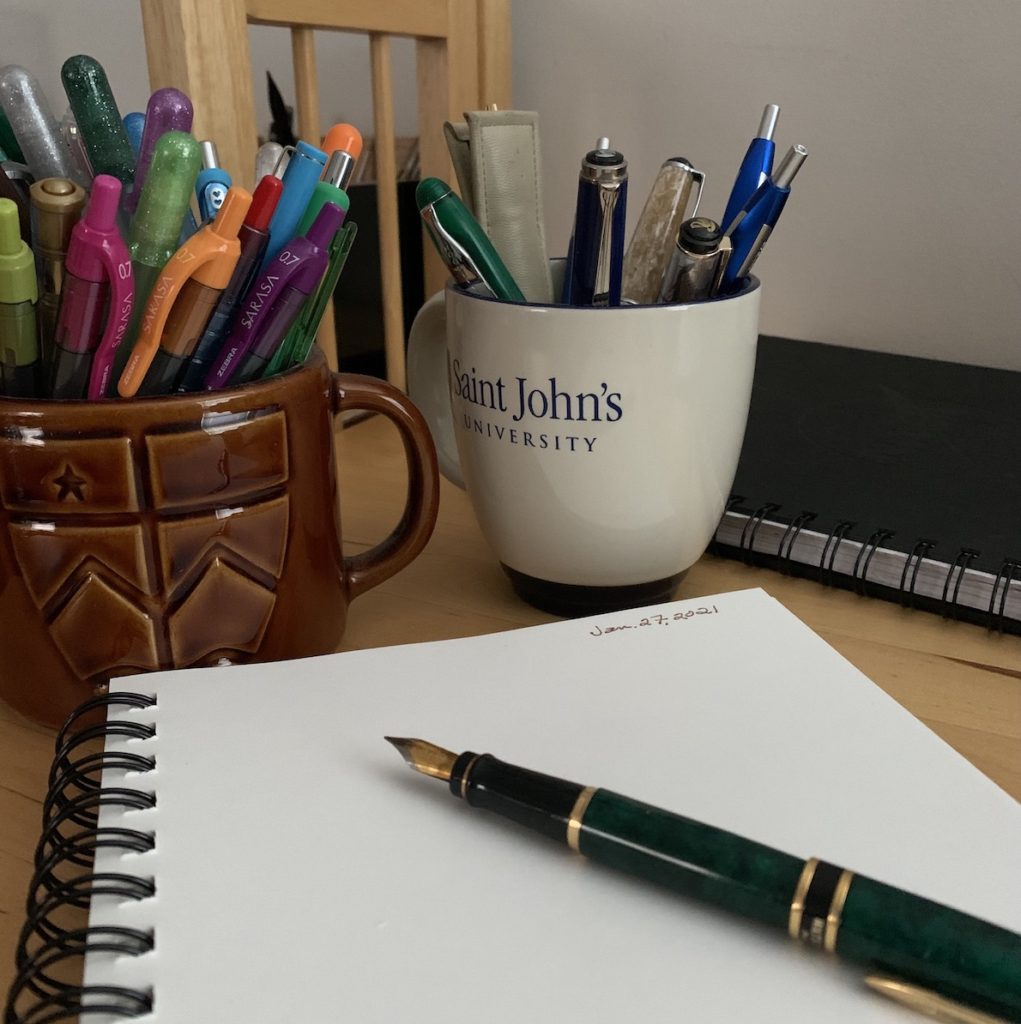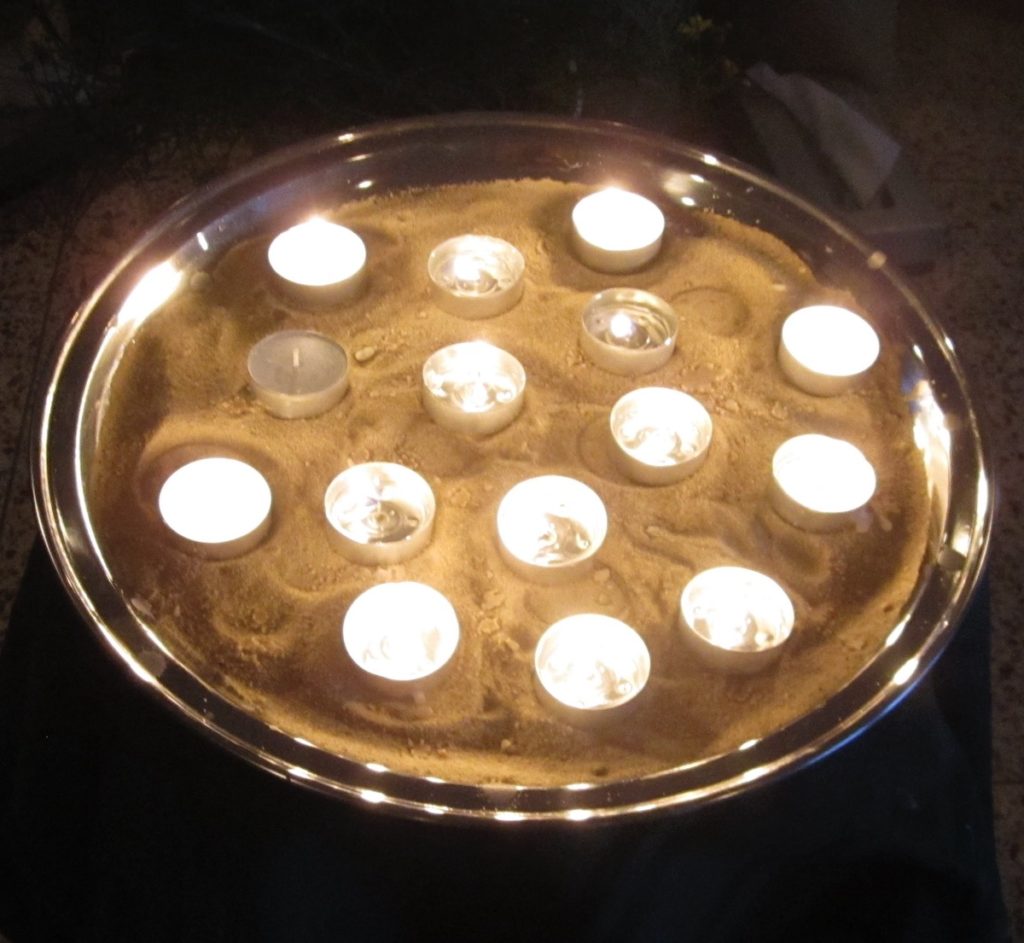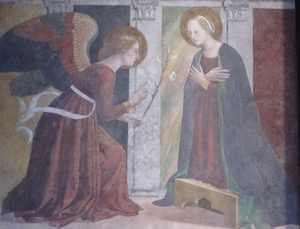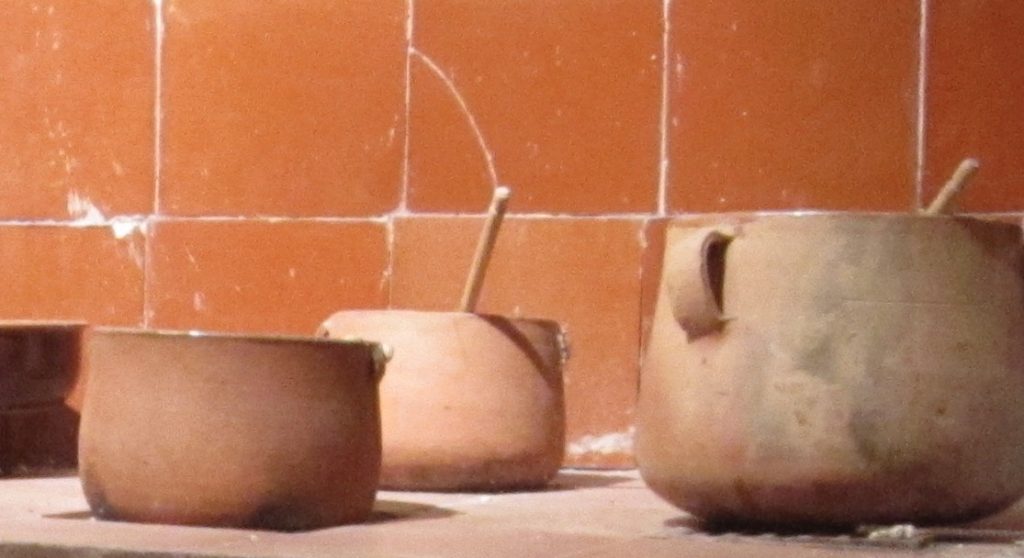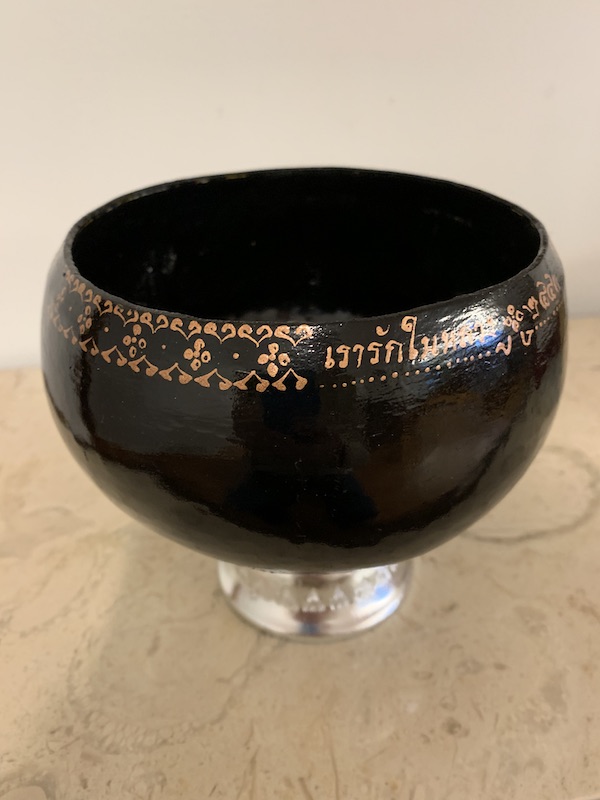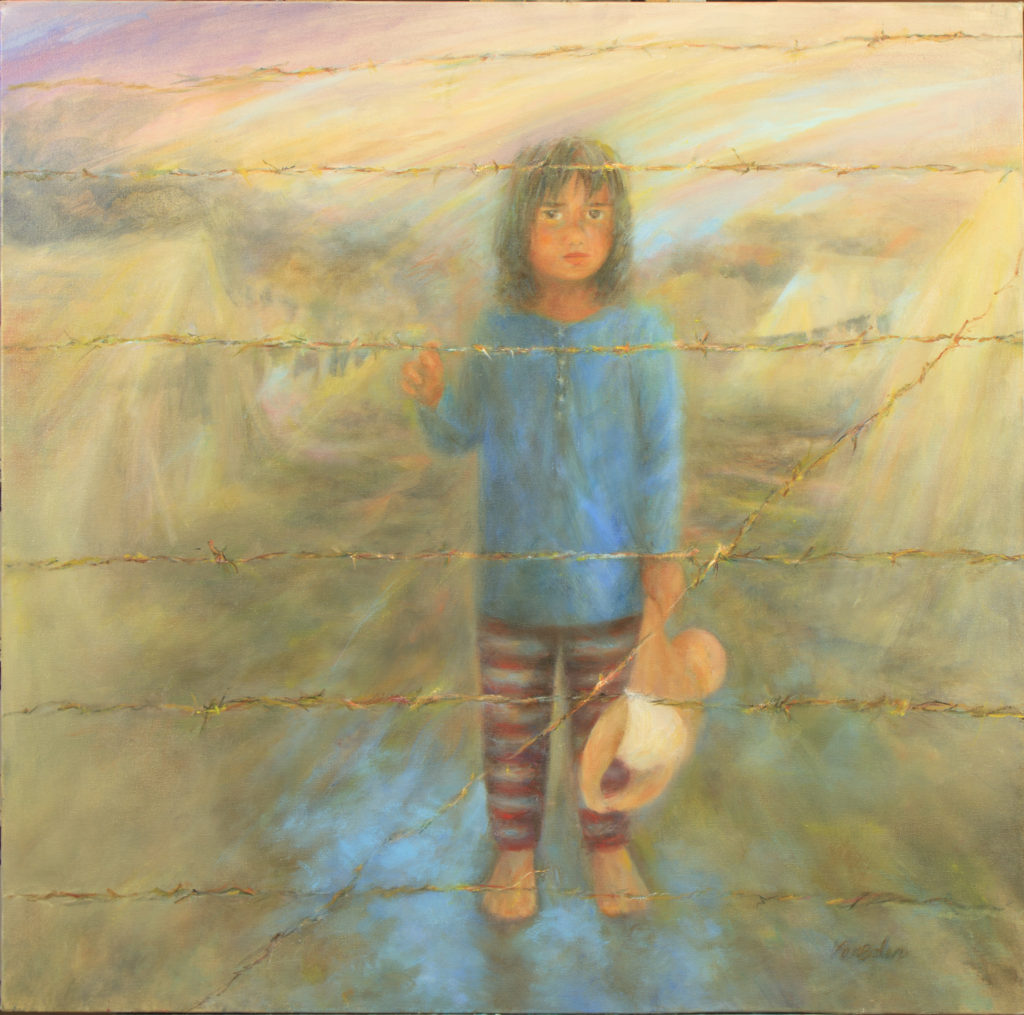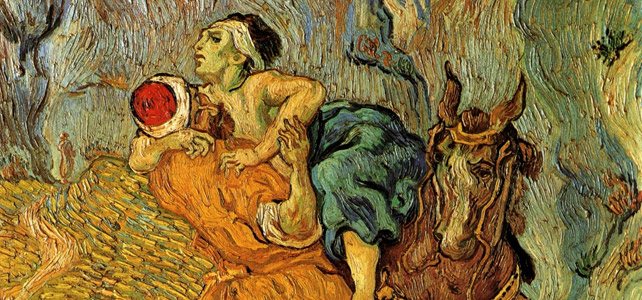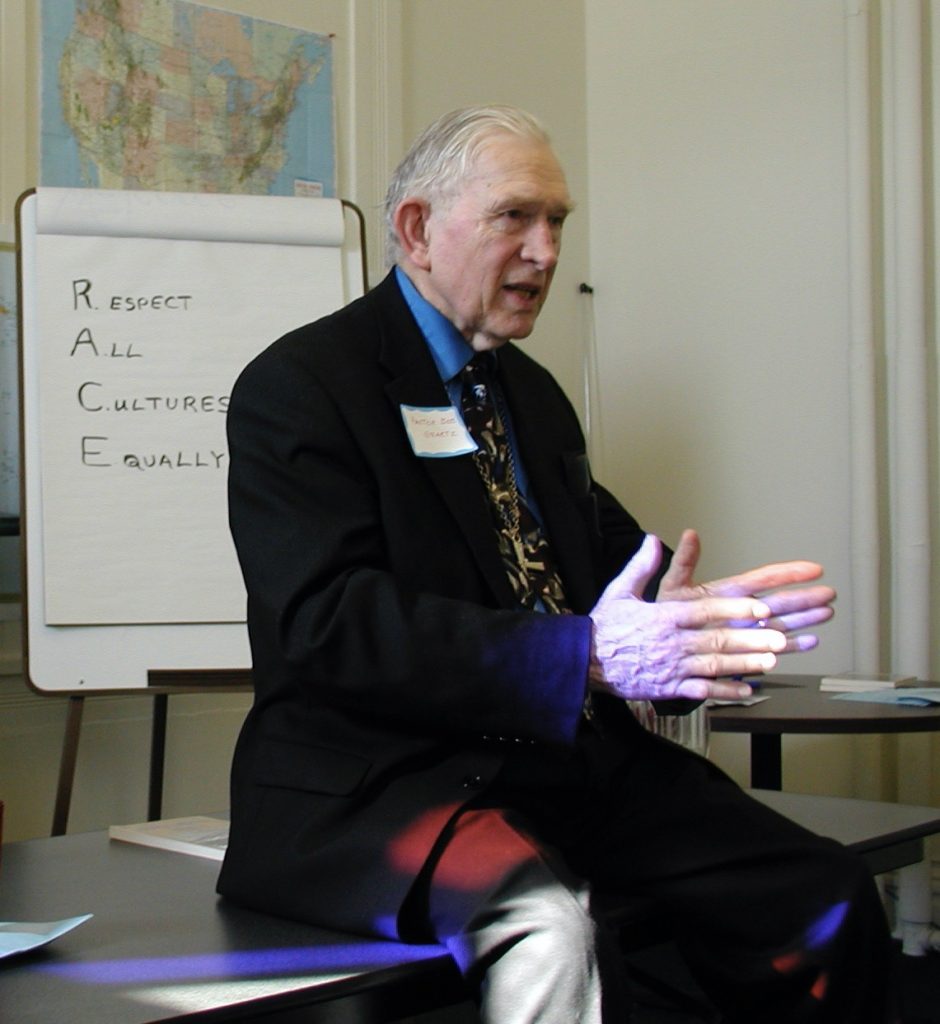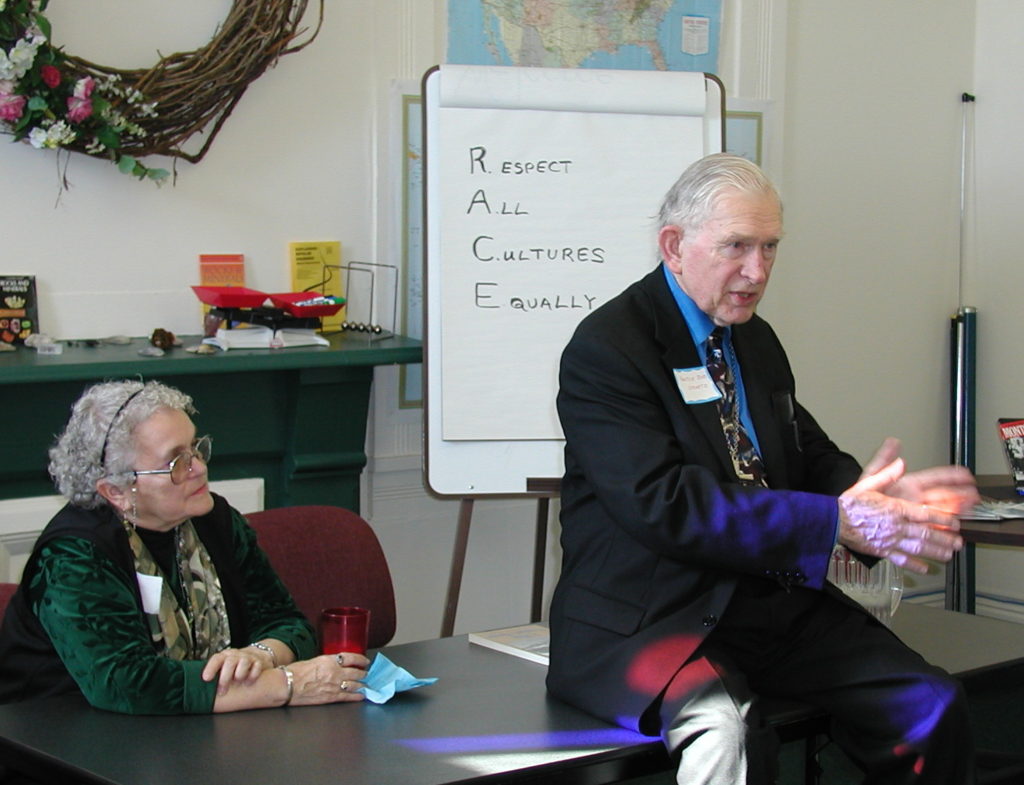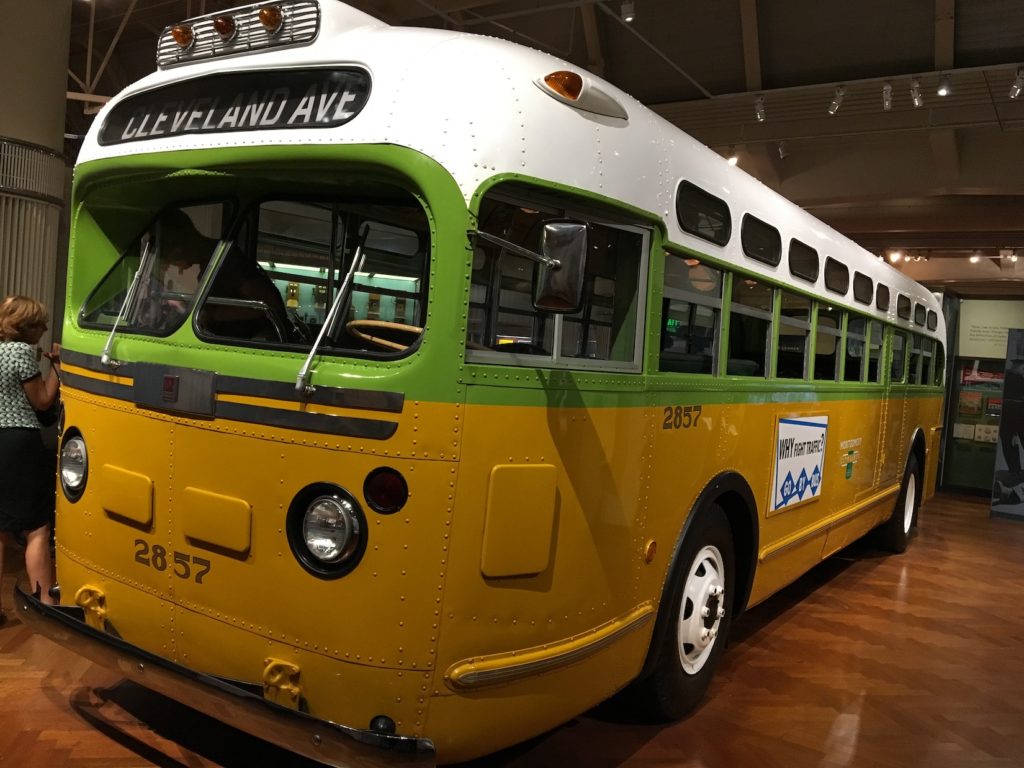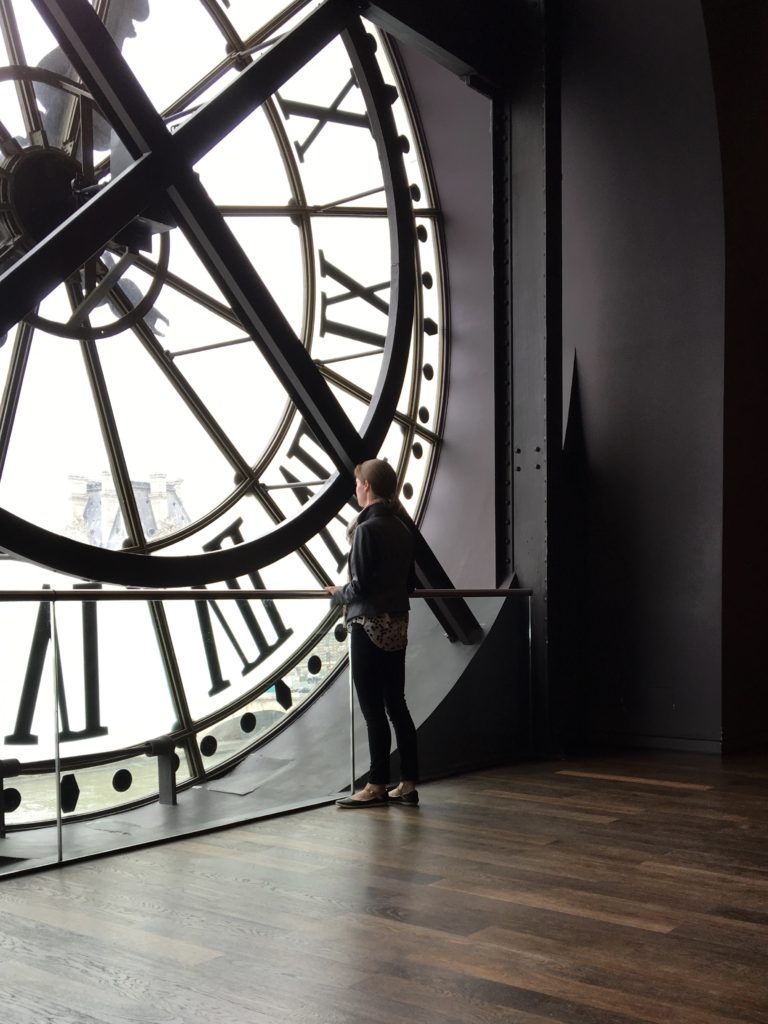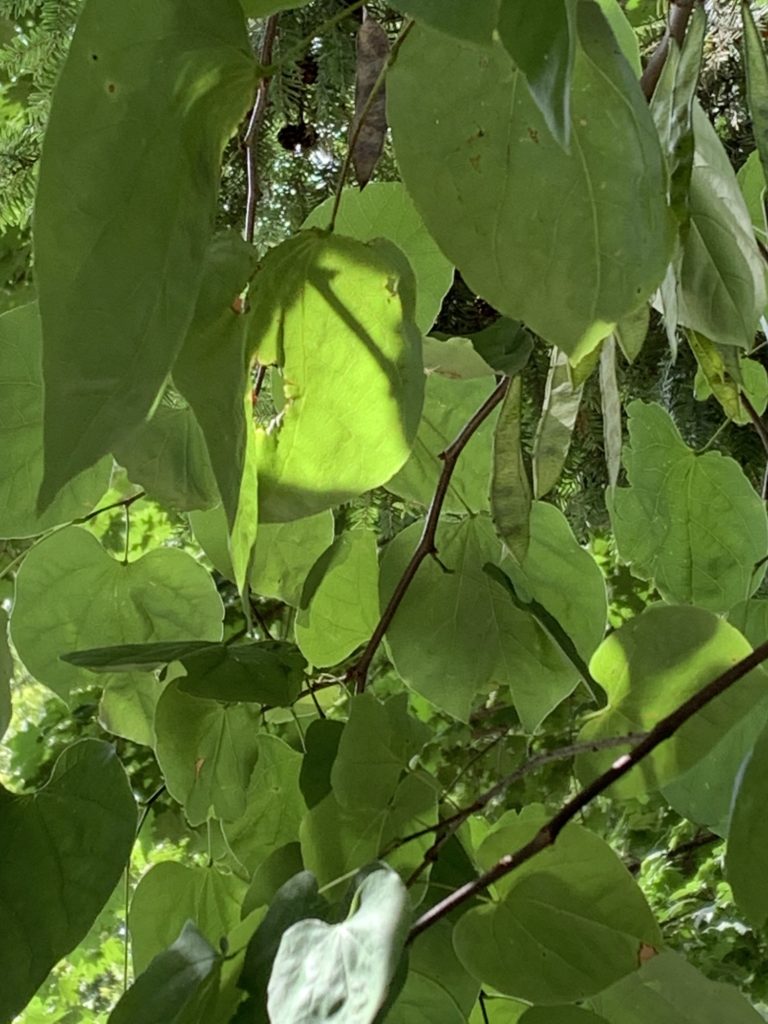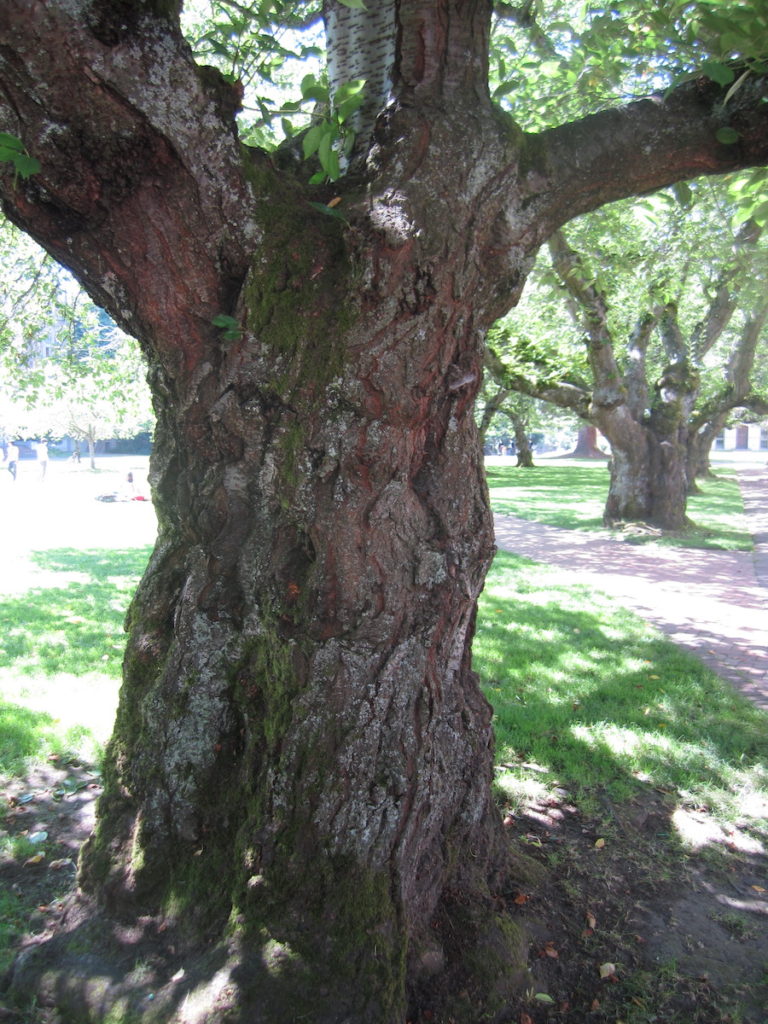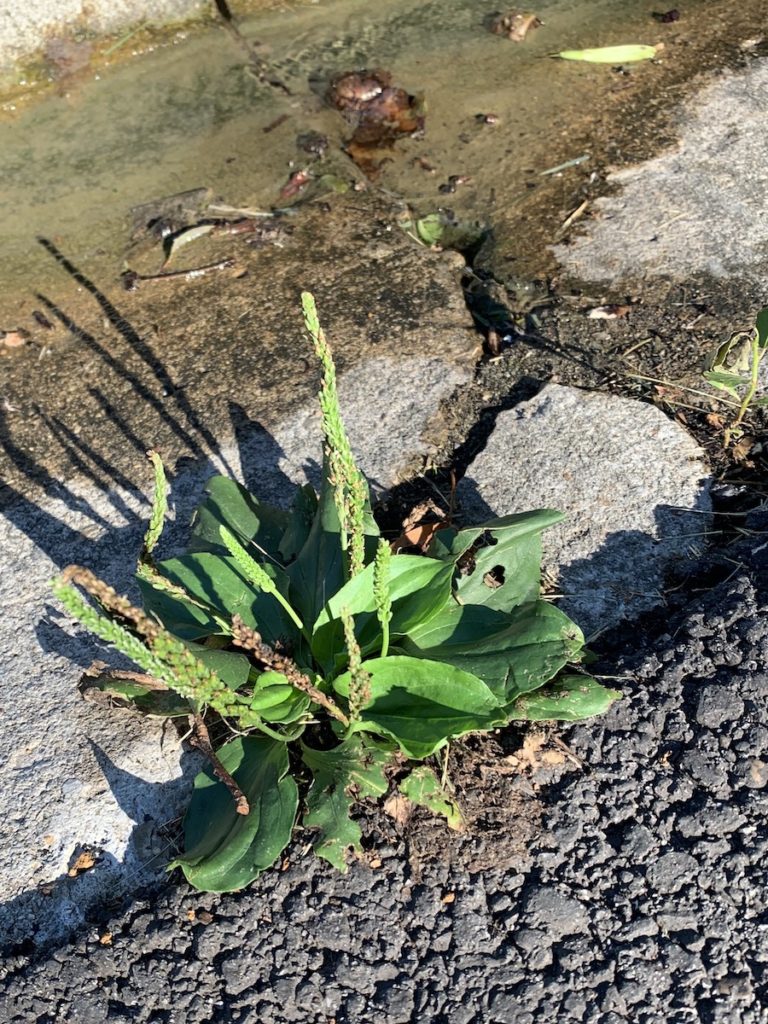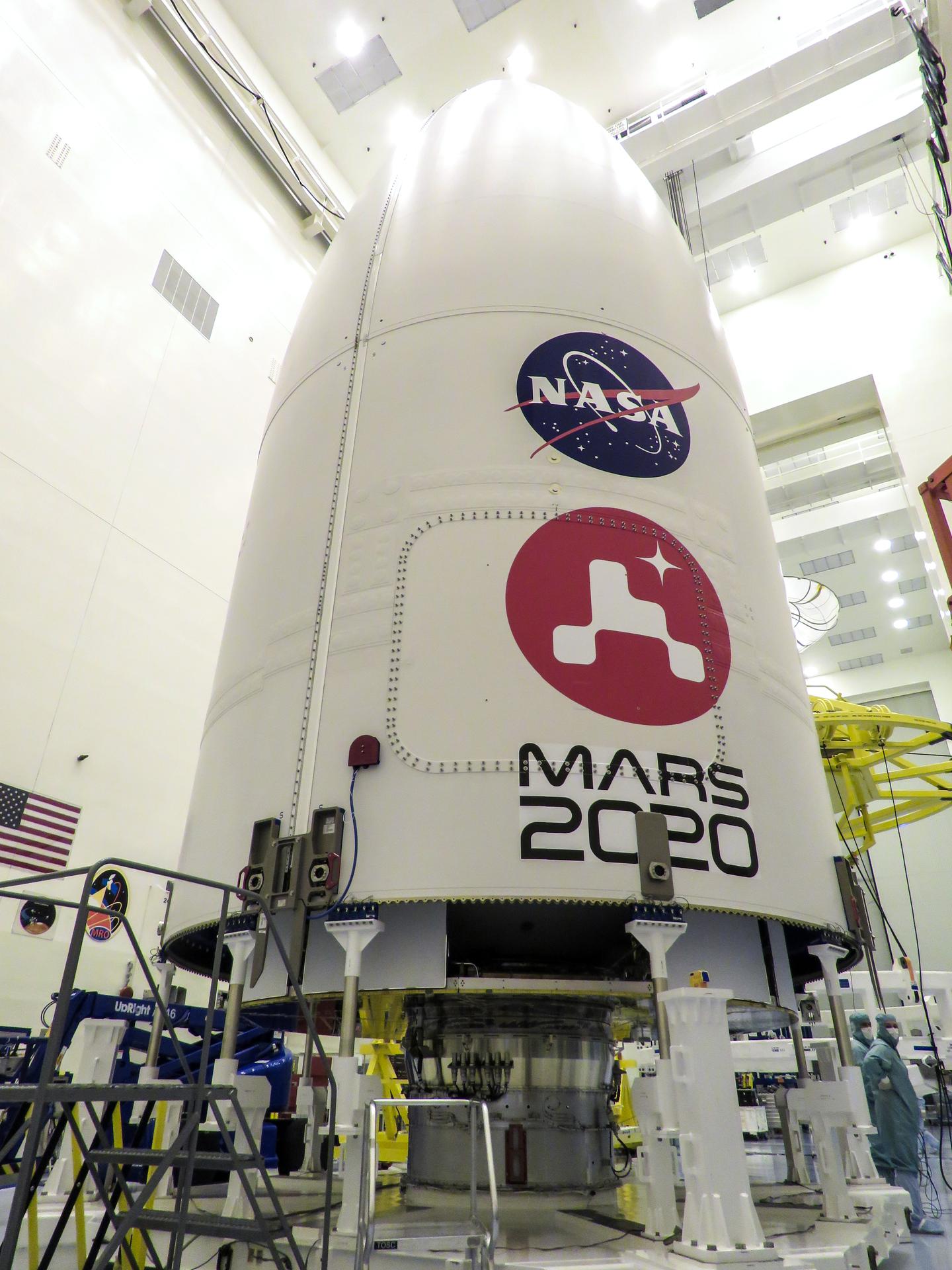
Watching the Mars landing was a family affair, though virtual. I wore my NASA hoodie (a gift from my NASA-engineer son-in-law), poured a glass of wine to toast the landing (and a bowl of peanuts, a NASA tradition 1), and texted with my daughters and their partners for over an hour. The amount of knowledge, work, precision, imagination, and commitment that makes a mission like the Perseverance landing a reality is overwhelming.
Consider just a few details:
- Over the eight years, NASA teams around the world designed, built, and tested a rover that would travel 292.5 million miles before reaching its destination on a moving target – a small area in a lakebed on Mars.
- Perseverance and the small drone helicopter (Ingenuity) launched atop an Atlas V-541 rocket from Cape Canaveral on July 30,2020.
- Because of the time lag between the transmission of signals from the space craft and their reception back on earth, Perseverance landed herself. Perseverance executed the entry, descent, and landing sequence—over 500,000 lines of code—without human assistance.
- Perseverance is looking for evidence of past life and is equipped with, intelligent cameras, a weather station, a robotic arm, a drill to collect and then store rock core samples (amazingly, to be picked up later and returned to earth during future missions), and a radar imager that can look beneath the surface for geologic features2.
The science and engineering involved in this mission are staggering3. But for NASA folks, I suppose, they are a given, simply a part of the quotidian routine.
Watching events unfold in Mission Control at the Jet Propulsion Lab (JPL) and listening to commentary provided by several of those involved in the mission, particularly Dr. Swati Mohan, the guidance, navigation, and control operations lead, and Rob Manning, JPL Chief Engineer, my family and I were filled with the excitement, hope, and nervousness evident in the scientists at Mission Control. We had a personal resource in my son-in-law, who provided insight into procedures and answered questions peppered throughout our texted conversations. I love these hangouts with my crew!
Wisdom from the Mars 2020 mission
Humility
A couple of thoughts shared by Manning, resonated deeply with me. First, as he described preparing for the mission and then watching it live, he talked about the possibly of failure:
“We’re human beings. We’re not perfect. Mistakes can be made. We each count on each other to find our own mistakes, and we work very hard to learn from mistakes from the pat. We’ve had many failures…We remind people that roughly over half the missions to Mars over history have failed. And that could happen today, too. Even though we’ve had a wonderful stream of successes in the United States, it’s still a bit of a gamble…But if we do fail, and something bad happens today, I can tell you, we are going to learn. We’ll have the data to tell us what happened. We’ll know why. We’ll figure it out. And if we are allowed, we will pick ourselves up and get us back on the horse. And if Congress and NASA allow, we we’ll try again. As we always do. We will learn from our mistakes…”4
It takes humility to acknowledge past mistakes and the possibility of failure in the present endeavor. And, by live streaming the event with the whole world watching as it unfolds, NASA bravely embraced that vulnerability.
Certainly, there are things that best remain private. But not all. As tempting as it might be to exclude others from a journey as it unfolds and instead, wait until the outcome is known – sharing successes, hiding failures – sometimes inviting others as companions on the way provides opportunities for support and growth for everyone, no matter what happens.
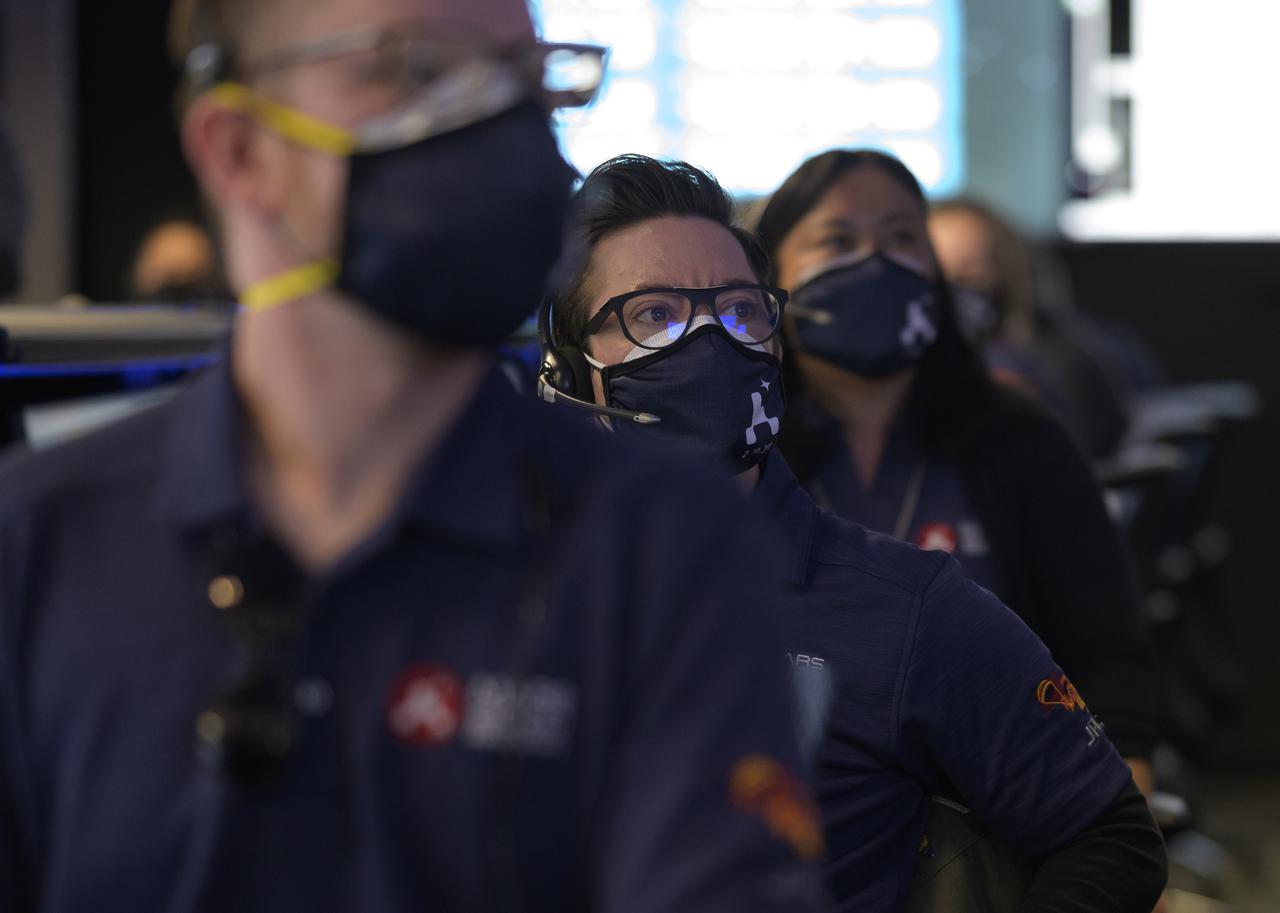
When people work together
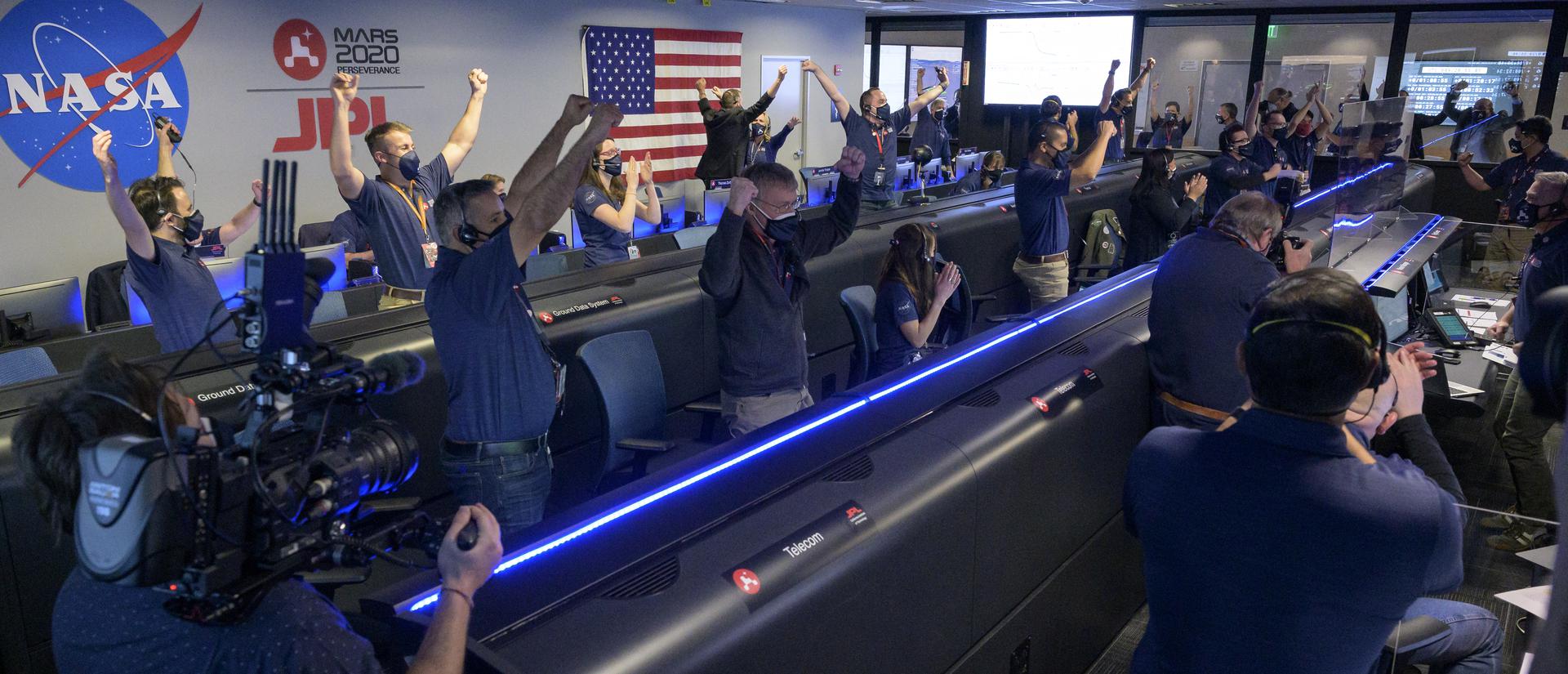
Cheers and applause greeted Perseverance’s safe landing on Mars. Not only had it found a good place to land in a terrain full of hazards the rover had to avoid, but it also landed in the area NASA scientists believe is likely to hold evidence of ancient life: a lakebed near a river delta. It was a triumph for the team.
Images streaming from Mission Control showed the team’s jubilation. The pandemic ruled out handshakes, but there were plenty of fist and elbow bumps and eyes shining with smiles above the double masks. I teared up, as usual when witnessing such events.
My family and I raised our glasses.
Manning was exuberant.
“NASA works,” he said. “When we put our arms together and our hands together and our brains together we can succeed. This is what NASA does. This is what we can do as a country on all other problems we have. We need to work together to do these kinds of things and make success happen.”
Yes. Work together to meet the problems we have. And we have plenty, including and going beyond the pandemic and vaccination rollout: climate change, systemic racism, White supremacy, division, and hatred of “the other.” There are organized attacks on voting rights that are threatening our democracy and targeting the poor and people of color. Some people have no problem denying basic human rights to many, including women and LGBT people. For many American citizens, access to healthcare and housing is unavailable. The list is long.
Not a technical problem
If we can successfully land a rover on Mars, we certainly have the knowledge and technology to develop alternative energies and address climate change, an imminent danger to this country and to the world. As one of my daughters observed soon after watching the Mars landing, it’s not a technical problem we face. It’s a social problem. The country must have the collective will to do it, and that can emerge only when honest reporting and facts are presented to the population.
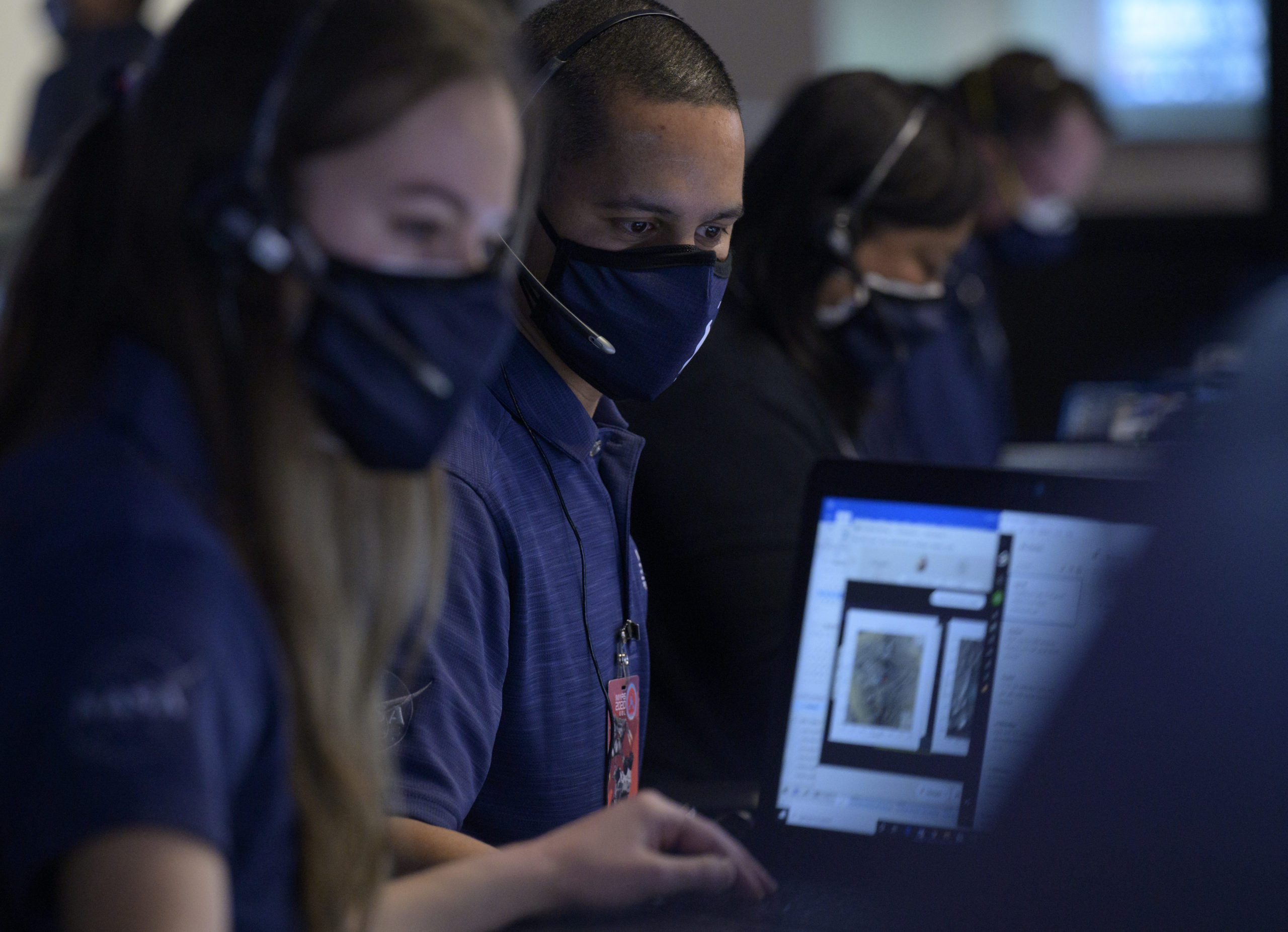
In addition to stalling massive action on climate change, misinformation also feeds fear, hatred, and violence against minorities and people deemed “other.” America has enough wealth and resources to feed its people. It has the means to provide healthcare to all. Again, what is missing is the collective will to do so. Raising up those in need does not mean tearing others down. But is does require a mindset that values the common good.
Diversity is a strength. It is critical to understand that the talents contributed by all people are necessary for a healthy, thriving society. Everyone’s gifts are needed. As Manning pointed out, the team that put Perseverance on Mars was a diverse one. That was obvious in the images from Mission control: women and men, a variety of races and ethnicities, of ages, of backgrounds. And the group at the JPL were just part of the thousands involved in the mission:
Manning said, “We haven’t done this before with this vehicle, ever. This is its first attempt to actually land. We can’t try this on earth… We don’t have test pilots to try this out on this planet before the big show… We’ve done our best testing we can do in bits and pieces. But, you know, it’s the best we can do but I think our team is up to it. This team is the best. It’s diverse. Intelligent. Amazing group of people. These are people from all over the world who have worked on this…”
Thousands of people put their arms, hands, and brains together to make Mars 2020 a success. Thousands and even millions of people across this country and around the world can transcend self-interest, fear, and hatred to put their hands and brains and hearts together. If greed and power are no longer prime motivators of policy and those who make it, but instead Common Good and universal human rights5 become the guiding principles, success can be achieved.
Thank you NASA, for the stunning reminder of what is possible when people work together. Congratulations to you all!
It’s up to the rest of the country to come together, to join hands, brains, hearts, and efforts, to focus on the common good and work to address the challenges that face the United States and the world.
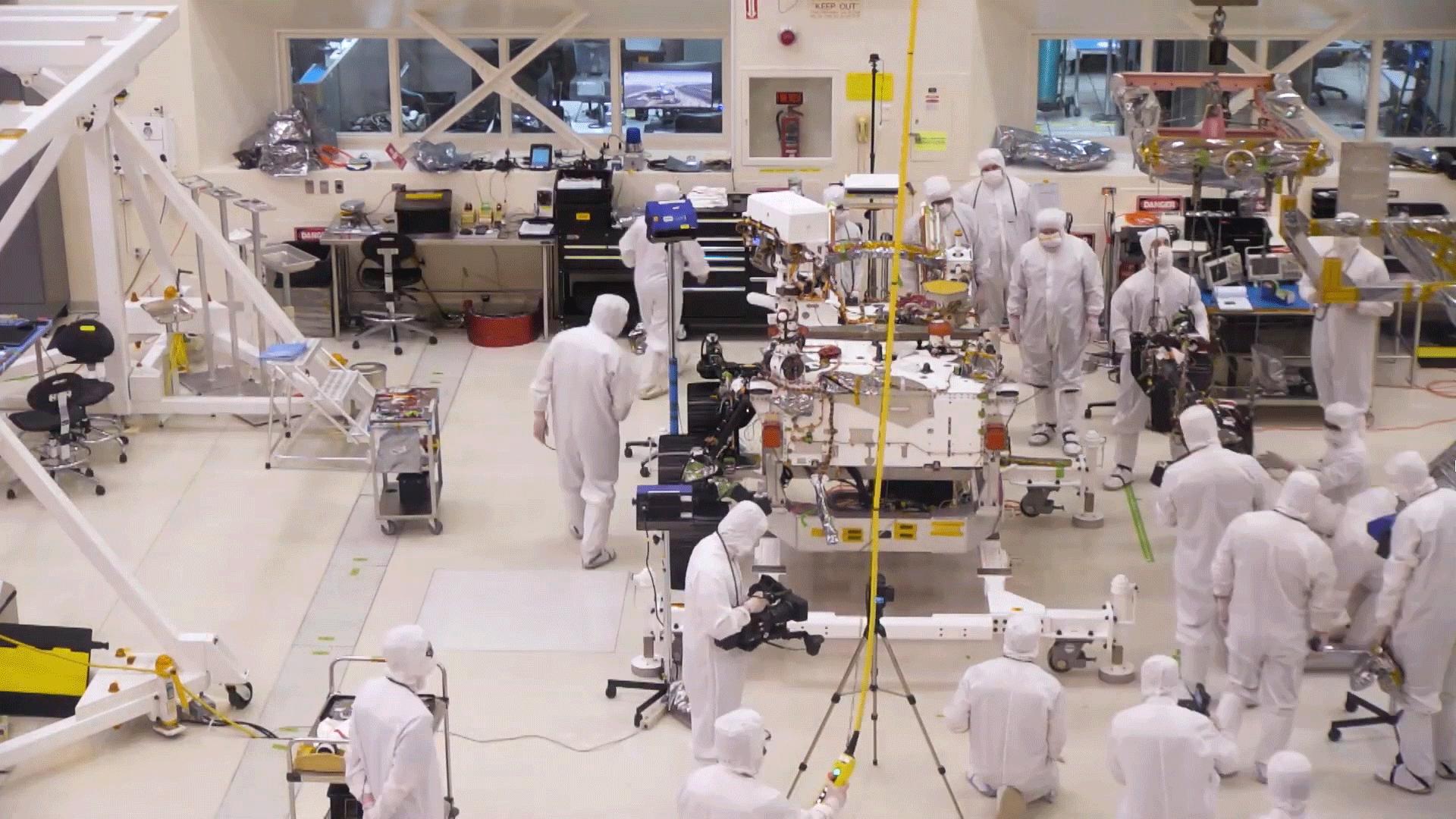
Feature Image Credit
Photo Credit: NASA/Bill Ingalls
First post image of the Mars 2020 logo being installed on the United Launch Alliance Atlas V payload fairing
Photo Credit: NASA/Christian Mangano
Sources
- NASA’s lucky charm for a success mission? Peanuts
- Learn more about instruments on board
- Learn more about the Mars 2020 Mission on NASA Mars 2020 Mission Perseverance Rover website
- Manning’s quotes were transcribed from the over two hours recorded NASA’s live stream of the event found on NASA’s YouTube Channel
- Universal Declaration of Human Rights










